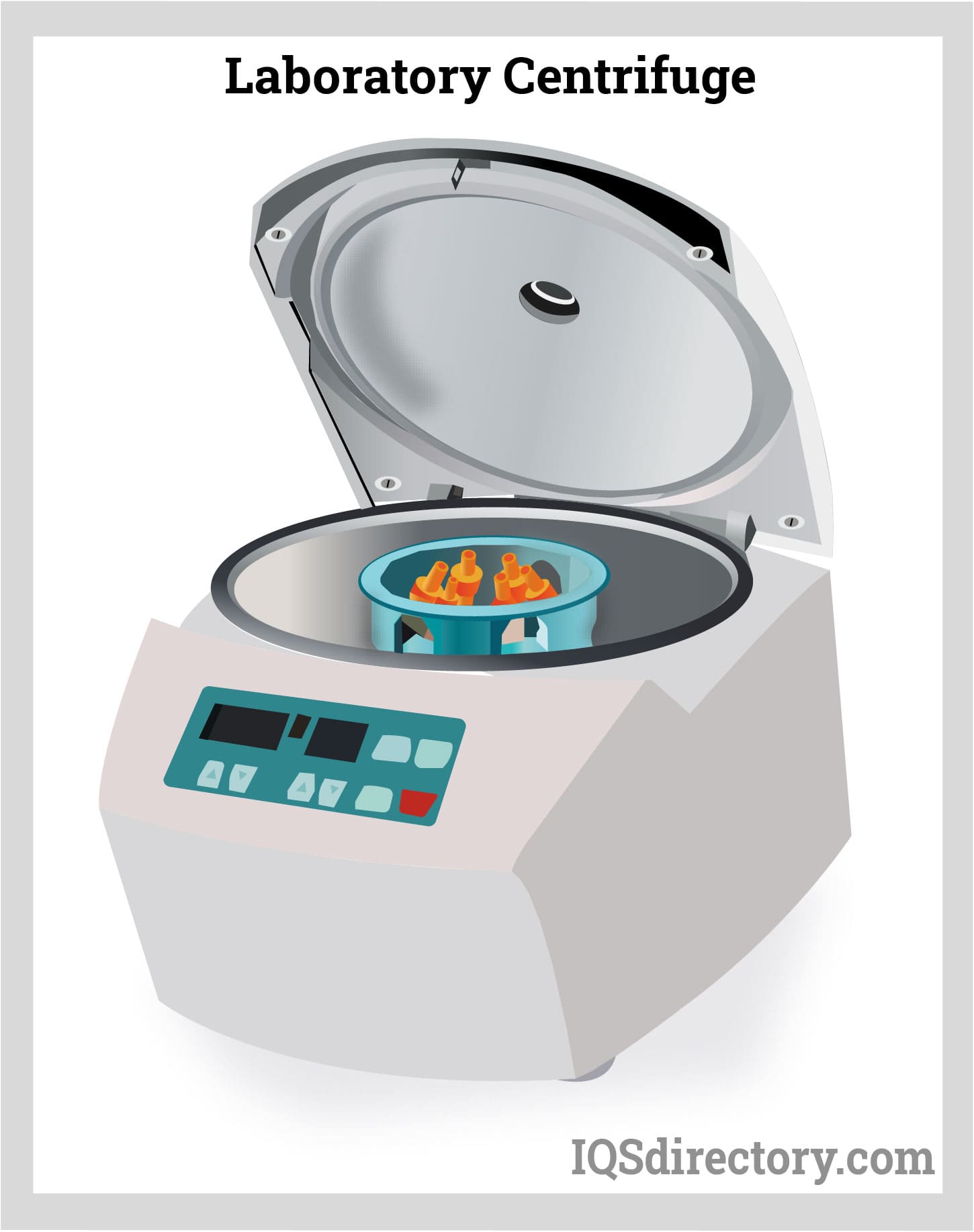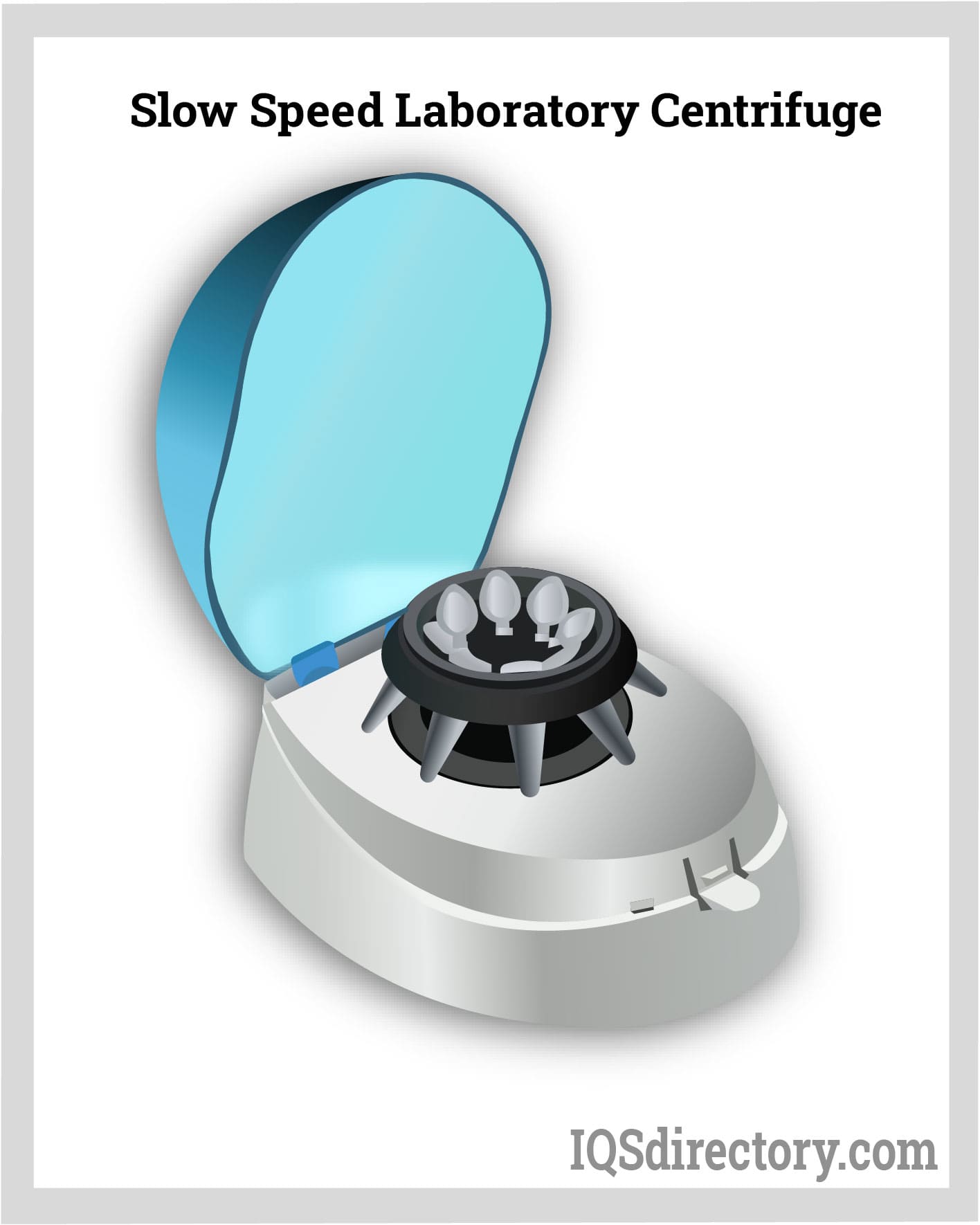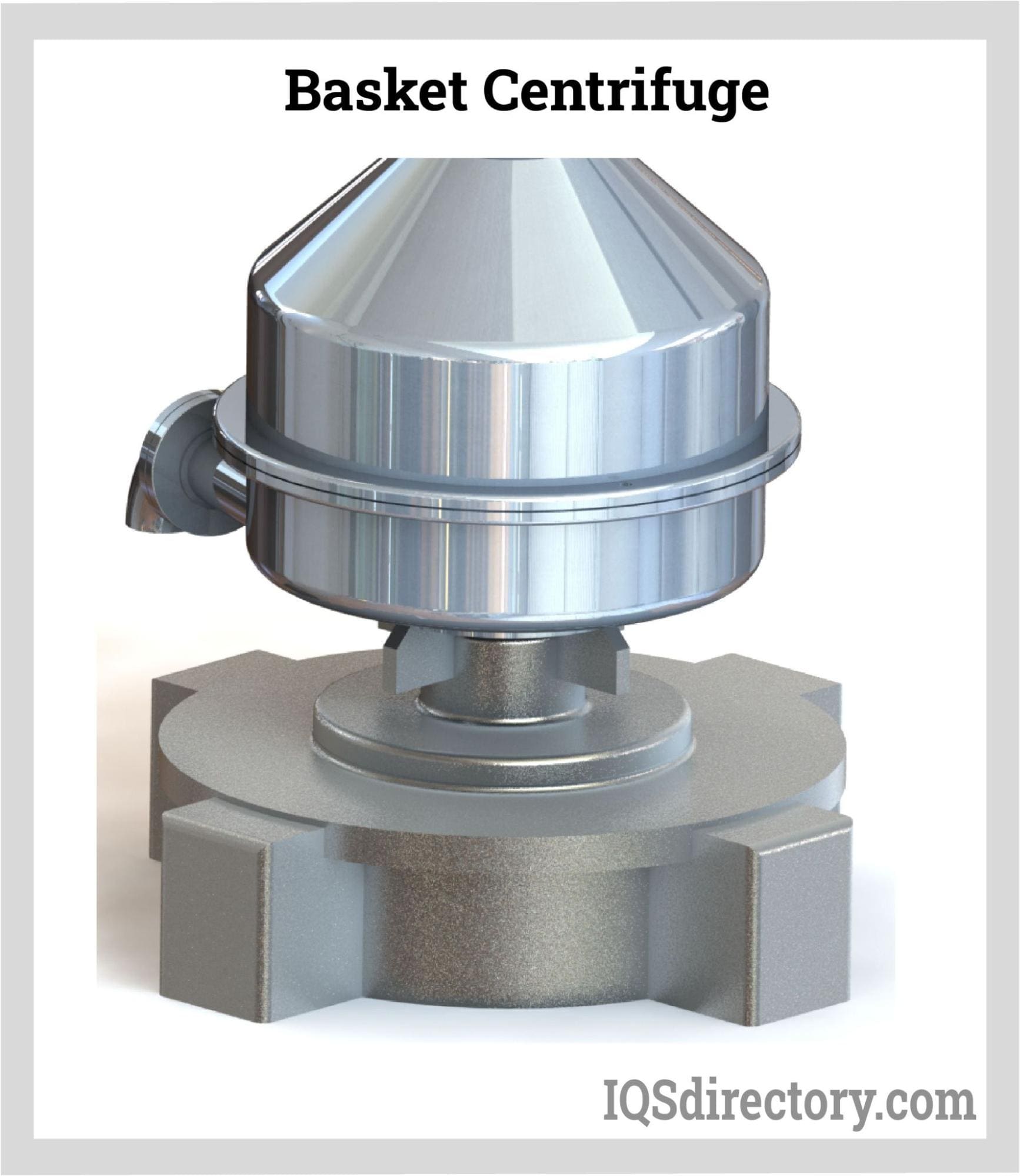Laboratory Centrifuge
Small unit centrifuges, called "laboratory centrifuges," are frequently used in scientific labs. Lab centrifuges are used in chemical, biotechnological, and pharmaceutical laboratories. These devices are most frequently used in laboratories to purify solvents so that different proteins and medicines can be analyzed.
Working Principle of Centrifuges
The heavier particles will float to the top of any given solution, whereas those whose density exceeds that of the solvent sink (sediment). The particles will move more quickly if there is a significant variation in density; otherwise, they will remain stable. A significantly stronger centrifugal force can be added on top of the gravitational force typically used to separate the various particles in a solution to take advantage of even the smallest changes in densities. A centrifuge is a device that spins an object around a fixed axis while exerting a powerful force perpendicular to the spin axis. The centripetal acceleration will cause the denser materials and any particles to shift and travel outwards of the vessel. It also works based on the sedimentation concept. The lighter particles are dispersed and flow simultaneously toward the vessel’s center. In a laboratory setting, sample tubes are employed, and the less dense particles ascend to the top of the vessel while the denser ones settle to the bottom of the tube.

Design of Laboratory Centrifuges
Laboratory centrifuges spin quickly to remove solid particles from a solution. The heavier, denser particles are drawn toward the centrifuge's walls by creating centrifugal force, which can be 20,000 times stronger than gravity. Even though the laboratory centrifuge is significantly smaller than most industrial centrifuges, the mechanics are set up fairly similarly. An enclosure or arm-like apparatus can rotate when connected to a fixed central axis.

Centrifuge Classification
High-Speed Centrifuges
Many more complex biochemical applications that call for higher temperatures and faster speeds for the sedimentation process use higher-speed centrifuges. The high-speed centrifuge has a maximum speed range of 15,000–20,000 rpm. The device's operator carefully adjusts the instrument's temperature and speed to meet the needs of the delicate biological samples. These centrifuges employ three rotors: fixed angle, swinging bucket, and vertical.
Low-Speed Centrifuges
Most laboratories employ conventional low-speed centrifuges to sediment the heavy particles regularly. Up to 5,000 rpm is the highest speed of these centrifuges. They operate at room temperature in most cases, and temperature control is only seldom necessary. These kinds of centrifuges use fixed-angle rotors and swinging bucket rotors, two different sorts of rotors. These low-speed centrifuges are frequently used to separate the supernatant by decanting and sedimenting red blood cells until they are densely packed into pellets.
Types of Centrifuges
Laboratory Centrifuges
Although they exist in various sizes, laboratory centrifuges are typically compact and portable. Numerous vials, each holding 0.2 mL to 2 mL of liquid or solvent, are held in small or micro-centrifuges. Researchers and lab personnel can process many samples simultaneously using this sort of centrifuge. The basket centrifuge, which functions similarly to the spin cycle of a washing machine, is the most popular design for laboratory centrifuges. This device separates the liquid from the material by rapidly spinning a basket inside a closed container around a vertical axis. Proper balance is essential to guarantee precise results and safety. Many centrifuges are continuous, requiring a constant stream of closely spaced cycles for good operation. If one cycle is off, the centrifuge may be stressed, leading to mechanical damage and even human injury. Typically, chemical, biotechnological, molecular, and pharmaceutical labs employ laboratory centrifuges. They are often employed to examine various proteins found in substances or particles.
Basket Centrifuges
Utilizing centrifugal force, a solid wall basket centrifuge aids in the separation of liquids and solids. The revolving basket is filled with the slurry feed, which is then accelerated to the basket speed. Due to centrifugal force, relatively large particulates or impurities are abruptly drawn away from the liquid and gathered along the basket's inner wall. After gathering along the inside of the walls and flowing up and over them, the cleared liquid is finally let go by gravity via an outlet opening. The procedure is carried out until the basket needs to be emptied because it is empty of all solids.

Continuous-Flow Centrifuges
Large quantities of materials are centrifuged using high centrifugal forces in this method, without the tedious filling and decanting of several centrifuge tubes or the repeated starting and stopping of the rotors. When utilizing this kind of centrifuge, a pellet will need to be scrapped, or a supernatant will need to be collected. Short route lengths in continuous centrifuges reduce overall pelleting time. As a result, they effectively pellet the solids and speed up material movement inside the rotor. Additionally, because of their huge capacity, they do not require as much frequent starting and stopping as other typical rotors. By reducing sample handling and the amount of time spent waiting for rotor acceleration, time is saved.
Choosing the Proper Laboratory Centrifuge Supplier
To make sure you have the most {positive/constructive/productive/beneficial} outcome when purchasing Laboratory Centrifuges from a Laboratory Centrifuge Supplier, it is important to compare at least 4 Manufacturers using our list of Laboratory Centrifuge suppliers. Each Laboratory Centrifuge Company has a business profile page that highlights their areas of experience and capabilities and a contact form to directly communicate with the manufacturer for more information or request a quote. Review each Laboratory Centrifuge business website using our patented website previewer to get an idea of what each business specializes in, and then use our simple RFQ form to contact multiple Laboratory Centrifuge businesses with the same message.